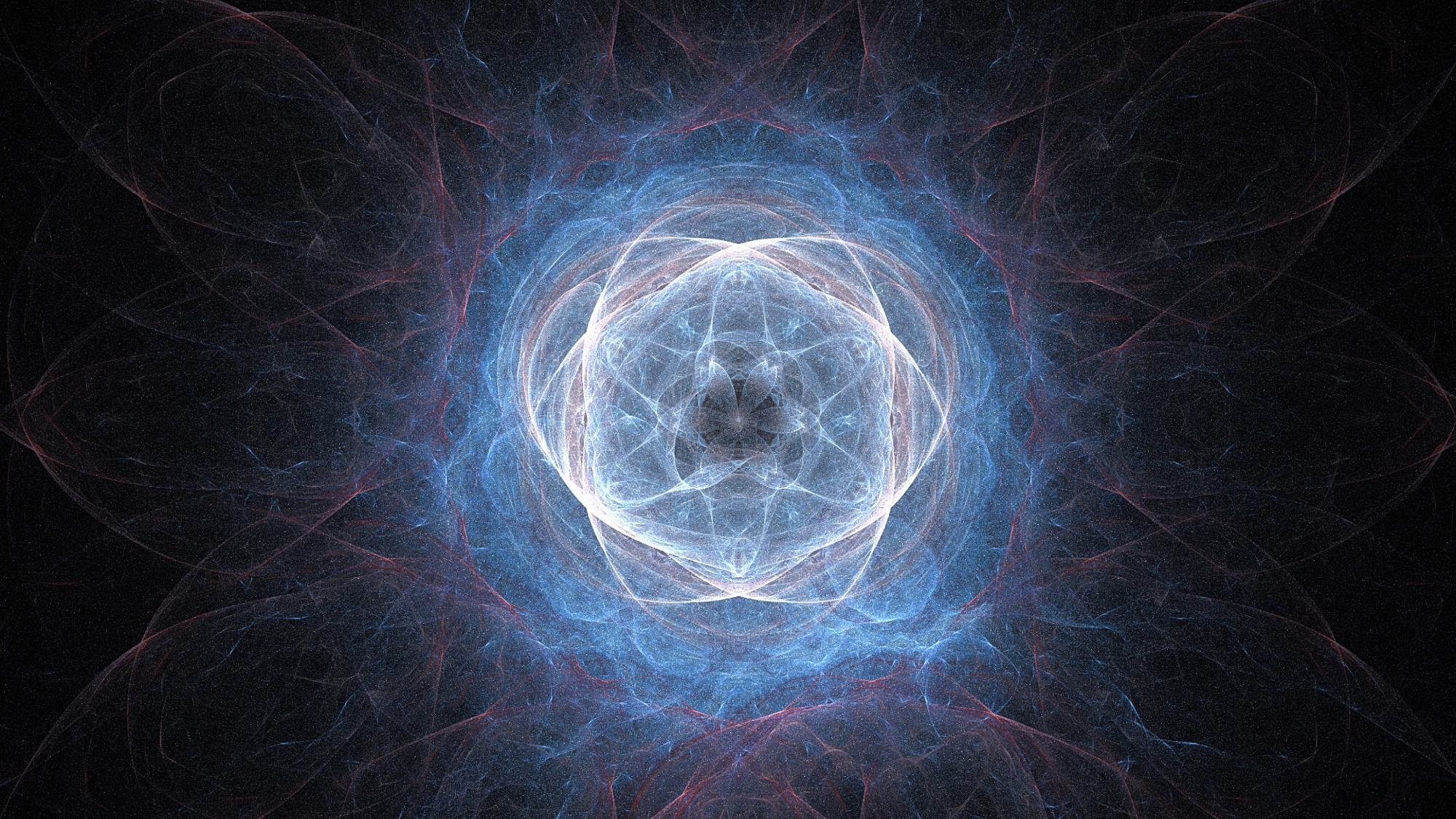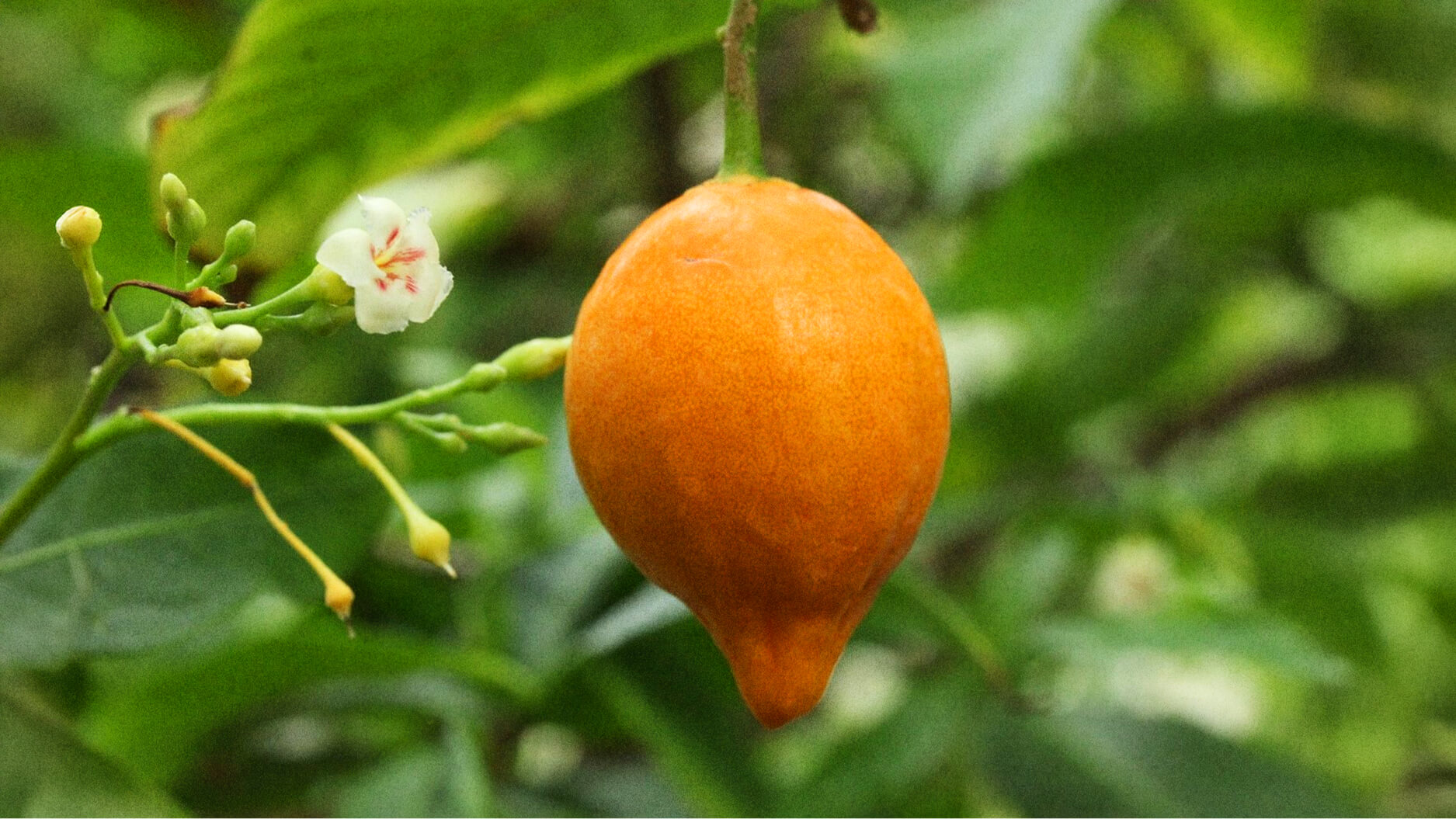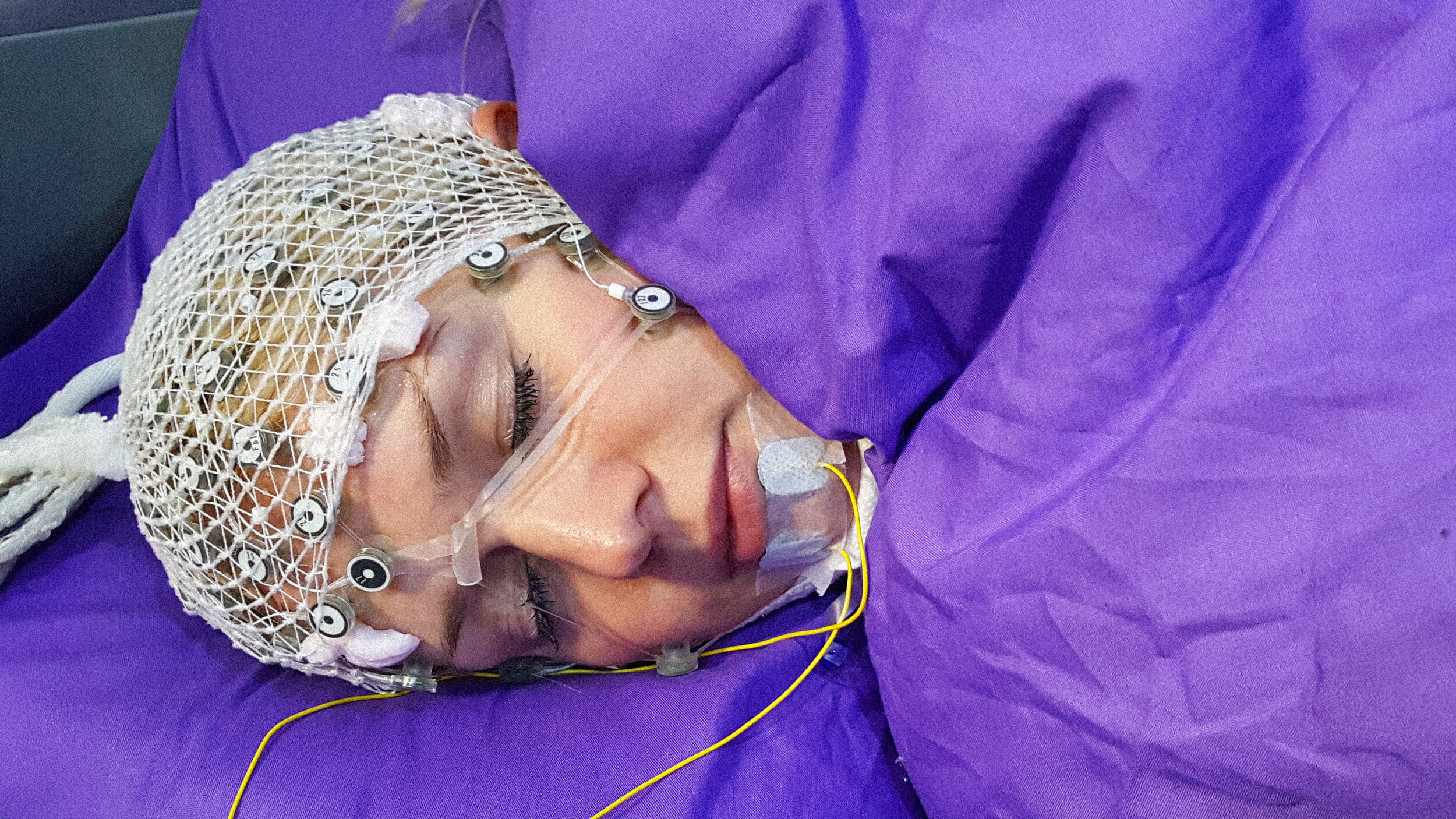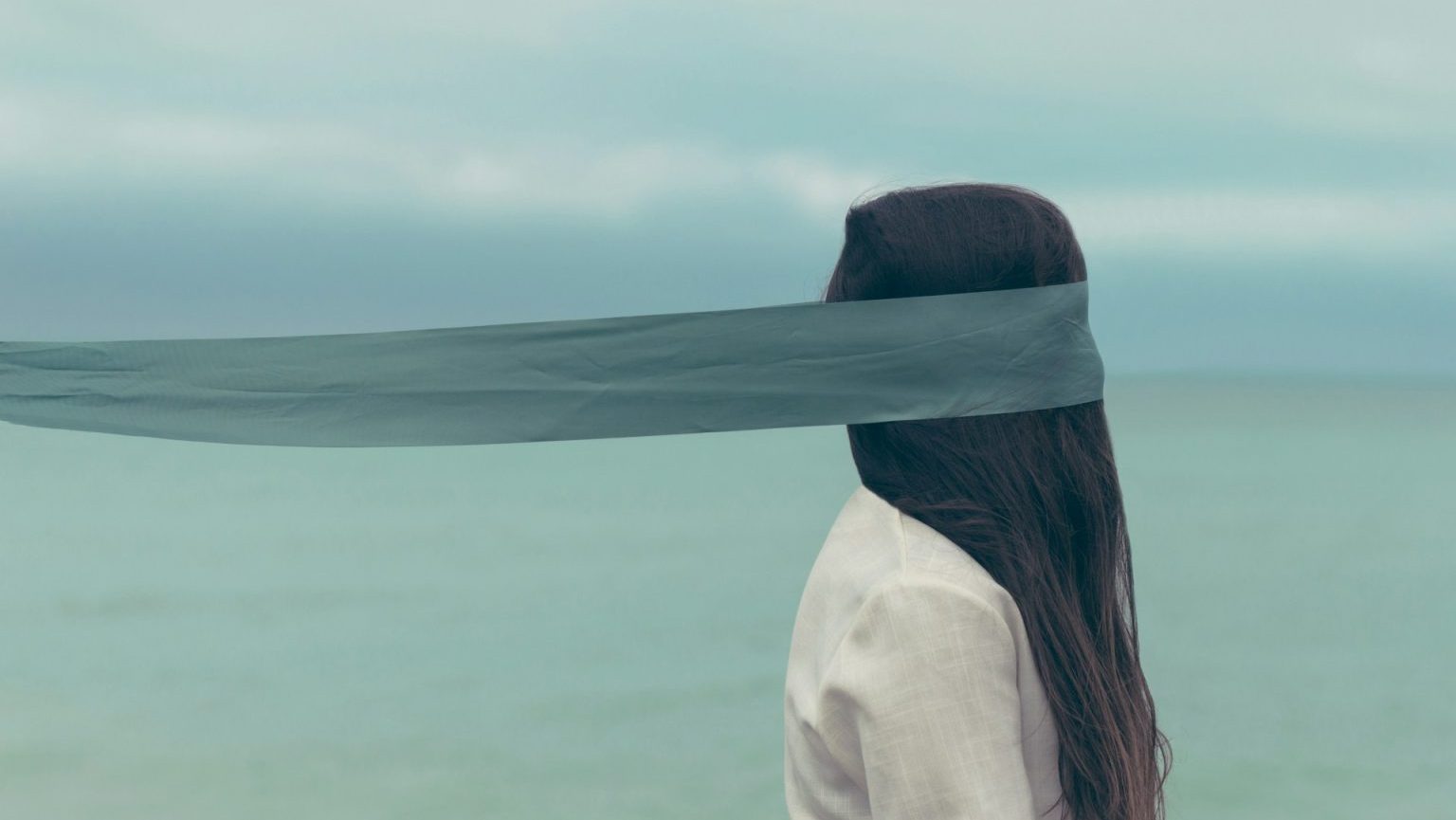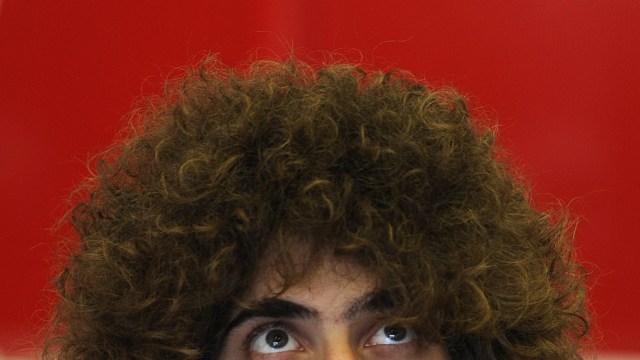A New Study Finds a Psychedelic Treatment for Depression, with a Side of Mushrooms
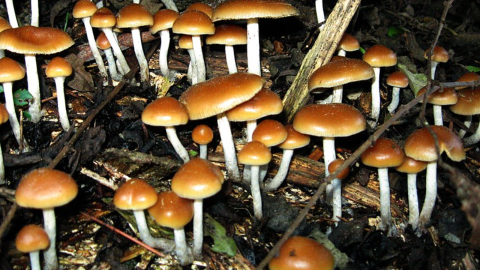
Depression is one of the most common medical conditions afflicting the world today. However, despite its familiarity, treatments are still wanting. Most common antidepressants are considered to have a low to moderate effect on typical cases. The search for more effective ways to treat depression is of great importance—depression costs a trillion dollars (!) in lost productivity each year and takes the lives of 2-7% of those who suffer from it.
A new study suggests that an effective drug has been under our noses for some time… magic mushrooms.
In a study from the Imperial College in London, nineteen patients were given two incrementally larger doses of psilocybin a week apart. MRI scans were taken on the brains of the patients before and after the trips. It was found that the drugs had the effect of reducing and then increasing the amount of blood flow to and changing the activity levels of differing regions of the brain, some of which are associated with depressive symptoms.
The patients also self-reported improved mood lasting for up to five weeks after ingestion, which was supported by MRI scans showing changed brain activity. The patients went so far as to say that they felt as though their brains had been “reset” or “rebooted”. This effect is well known in unscientific settings as the “afterglow” of psychedelic use.
MRI scans confirmed the idea that the brain’s default mode network had reduced activity during the patient’s trip, a change that previous studies had found. Interestingly, activity in that region increased after the trips, a finding which surprised the researchers. While this area of the brain is typically associated with depression, other areas associated with improved mood also saw heightened activity after the trips. This reduction in activity followed by a restoration to normal levels was dubbed a “reset” mechanism by the authors of the study, who proposed further study into the concept.
Many new studies of depression focus on the default mode network and this effect could prove substantial. Several antidepressant drugs also work with this system to try and reduce the symptoms of depression. The drug used in the study, psilocybin, is the primary drug found in magic mushrooms and is reasonable for the psychedelic effects. The study gave them the equivalent of one to two and a half grams of mushrooms, which is a typical recreational dosage.
It is important to remember when considering this study that it lacked a control group, a vital part of any definitive study. Similarly, it was done on a mere nineteen individuals… which is far too small of a number to take this study as final proof that magic mushrooms can cure depression. Furthermore, it goes without saying that the results of one study done without a control group is no reason to self-medicate. But there are an increasing number of studies being done on mushrooms and their ability to cure – or at least curb – depression.
The results of the study are yet another element of the current interestscience has takenin psychedelics. Long banned from medical use and study, recent investigations have shown great potential for treatment of psychiatric disease from these psychedelic drugs. Of course, the placement of psilocybin as a schedule 1 drug in the United States, alongside heroin, will slow down any further investigations.
This study, while small and preliminary, does show another potential treatment for a widespread and often crippling disease. While much more research is needed, the results are promising. Could depression be treated with a trip every once in a while? More research is needed, but it is a tremendous opportunity for new treatments to be developed for people in need.
